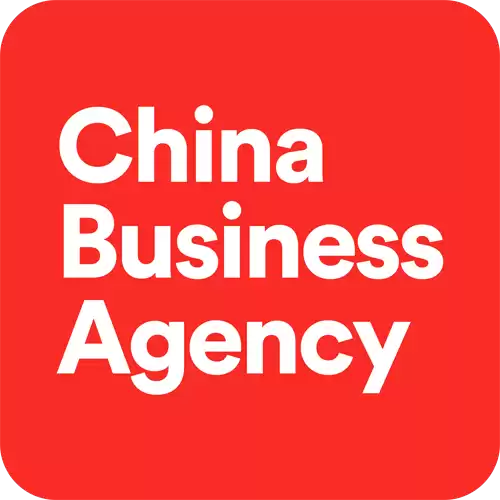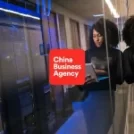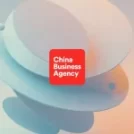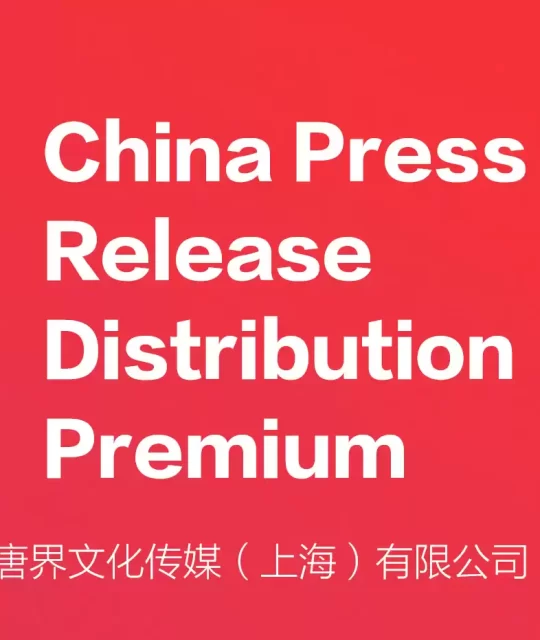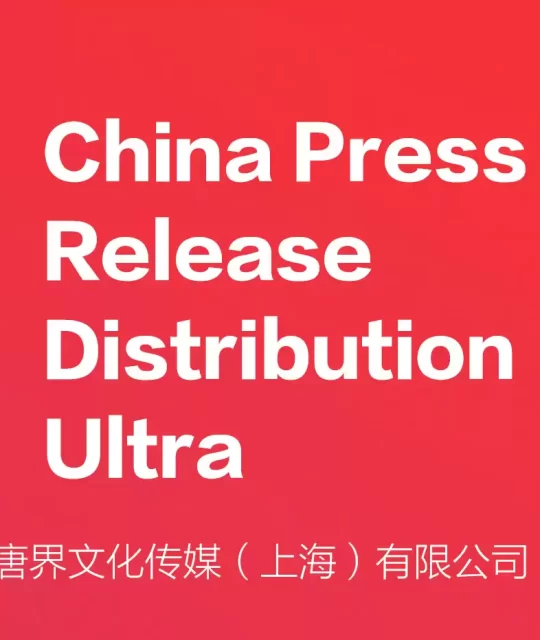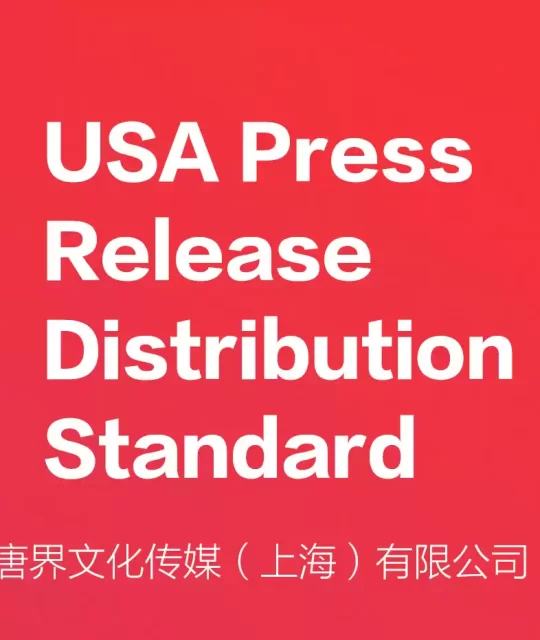China is now one of the world’s largest and most important markets for luxury goods, and it continues to be a crucial battleground for global brands. However, tapping into this market is not just about offering high-end products; it’s about engaging with the specific cultural, digital, and social dynamics that drive Chinese luxury consumer behavior. For luxury brands, understanding the roles of celebrities, television, fashion media, and high-profile events is critical to creating a strong presence in China. Let’s take a deeper look at how these factors influence brand success.
1. The Influence of Celebrities and KOLs in China
In China, celebrities and KOLs (Key Opinion Leaders) wield immense influence over consumer purchasing behavior. Their endorsements and public appearances can make or break a luxury brand’s success in the market. Here’s how:
- Celebrity Endorsements: In China, luxury consumers are heavily influenced by the personal lives and tastes of celebrities. These endorsements are powerful tools for building credibility and desirability. For example, Chloé partnered with actress Zhang Ziyi, whose global popularity and elegant image elevated the brand’s profile among Chinese consumers. Similarly, Louis Vuitton regularly collaborates with Chinese stars like Li Bingbing and Wang Junkai, ensuring that its products are seen as aspirational.
- Pop Culture Icons: Chinese celebrities, especially in the film and entertainment industry, are seen as trendsetters. Fan Bingbing, one of China’s most famous actresses, has been a key figure for several luxury brands like Louis Vuitton, making her an invaluable asset for brands trying to enter or solidify their presence in the market.
- The Power of Social Media: The influence of celebrities extends beyond traditional endorsements into social media platforms like Weibo, Xiaohongshu (Rednote), and Douyin (TikTok). These platforms allow celebrities to engage directly with their followers, often showcasing luxury brands they are endorsing. For example, Victoria Beckham’s posts on Xiaohongshu about her luxury fashion brand helped bolster its popularity among Chinese women.
2. Television and Reality Shows as Marketing Tools
Television and reality shows in China have become integral to marketing strategies for luxury brands. Reality TV, in particular, has exploded in popularity and is a direct line to millions of viewers. Brands have realized that associating their products with high-profile shows or personalities can provide immense exposure.
- Variety Shows and Talent Competitions: Programs like “Produce 101 China” and “Keep Running” have millions of viewers, and many luxury brands have seized the opportunity to feature their products in these shows. For instance, Gucci and Prada have both made strategic moves to have their products featured on popular shows, which then results in increased awareness and desirability among Chinese consumers.
- High-Profile Endorsements: Television appearances by celebrities also provide an indirect form of marketing. When a luxury brand’s product is seen in a popular drama or talk show, it signals exclusivity and high status. A prime example is Chanel’s frequent appearance in Chinese drama series, where the protagonists often wear Chanel accessories, subtly influencing viewers’ purchase decisions.
3. The Role of Fashion Media
Fashion media in China is not only an essential platform for promoting luxury brands, but it also plays a major role in educating consumers about trends, cultural shifts, and product launches. Chinese fashion media has grown to become an authority on global luxury, and many leading luxury brands have adopted strategies to appear in high-profile magazines and websites.
- Top Fashion Publications: Magazines like Vogue China, Elle China, Harper’s Bazaar, and Marie Claire China are essential for establishing a luxury brand’s presence in the country. These publications offer insight into the latest trends, celebrity fashion, and exclusive interviews, making them prime locations for luxury brands to be featured. When Fendi partnered with Vogue China for an exclusive spread on its latest collection, it not only gained exposure but also established its high-fashion status.
- Influential Digital Platforms: Apart from traditional print media, digital platforms such as Sina Fashion, iFashion, and Tmall Luxury Pavilion also offer in-depth reporting on global luxury trends, product releases, and runway shows. Through these platforms, luxury brands can reach millions of consumers, especially younger audiences who tend to trust these digital sources more than traditional media.
- Influencer Collaborations in Fashion Media: Many Chinese fashion influencers now have their own digital spaces—both on social media and in digital magazines. Luxury brands have begun to collaborate with these influencers to curate exclusive content and interviews, further cementing their status in the eyes of young, aspirational Chinese consumers.
4. High-Profile Fashion Events and Pop-Up Stores
In addition to digital and celebrity endorsements, fashion events and exclusive pop-up stores offer a way for luxury brands to engage directly with their target audience in China. These events provide an opportunity for brands to create buzz, reinforce exclusivity, and build deeper connections with wealthy Chinese consumers.
- Fashion Weeks: Events like Shanghai Fashion Week and Beijing Fashion Week are not only platforms for local designers but also important gatherings for global luxury brands. Participating in these high-profile events gives brands direct access to China’s fashion elite, including buyers, influencers, and the media. Luxury brands often use these events to launch new collections or collaborations tailored specifically for Chinese consumers.
- Pop-Up Experiences: Exclusive pop-up stores are another innovative way luxury brands are engaging with Chinese consumers. For example, Chanel has opened several pop-up stores in Shanghai, offering limited-edition collections that cater specifically to Chinese tastes and trends. These exclusive events give brands an opportunity to create buzz and attract high-net-worth individuals who may not otherwise have access to their offerings.
- Influencer-Driven Events: Luxury brands have also started leveraging the influence of top Chinese influencers and celebrities at their events. These high-profile gatherings, whether in collaboration with influencers or hosted by luxury brands themselves, generate immense social media attention and often lead to viral marketing campaigns on platforms like Weibo and Douyin.
5. The Need for Exclusivity and Customization
In China, luxury consumers expect more than just a product; they expect an experience that reflects their unique status. Offering exclusive, customized products is one of the key ways to stand out in China’s competitive luxury market.
- Limited Editions: Chinese consumers are drawn to exclusivity. Limited-edition products, designed with cultural elements that resonate with the Chinese market (e.g., Chinese New Year collections), can create a sense of urgency and desire among Chinese luxury buyers. Hermès, for example, frequently releases exclusive products for Chinese consumers, such as specially designed Birkins or Kelly bags.
- Personalization: Offering personalized services, whether through custom engravings or bespoke experiences, is also critical. Louis Vuitton and Gucci are known for offering bespoke services that cater specifically to individual tastes, elevating the perception of their products.
Conclusion
To succeed in China’s luxury market, brands must go beyond offering high-quality products. They need to build relationships with Chinese consumers through a combination of celebrity endorsements, media presence, digital engagement, and exclusive events. Understanding and leveraging the power of celebrities, television, fashion media, and high-profile events will help luxury brands capture the attention and loyalty of the ever-growing and evolving Chinese market.
China Business Agency specializes in helping global luxury brands navigate China’s complex market landscape. From influencer marketing to media relations and event management, we offer a comprehensive suite of services that will help your brand succeed in China. Our deep understanding of local consumer behaviors, media channels, and high-profile events positions us as your ideal partner in the luxury sector.
